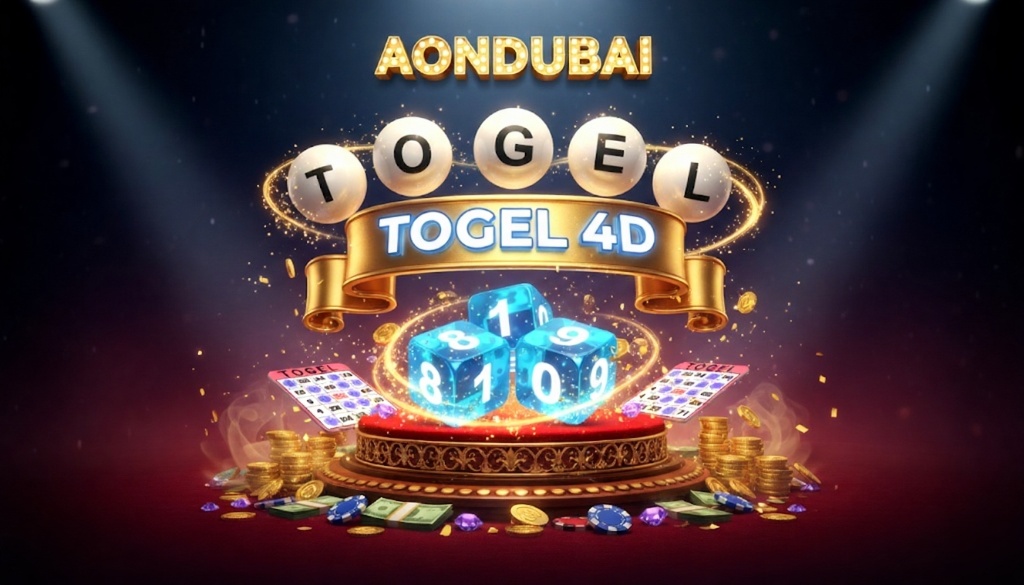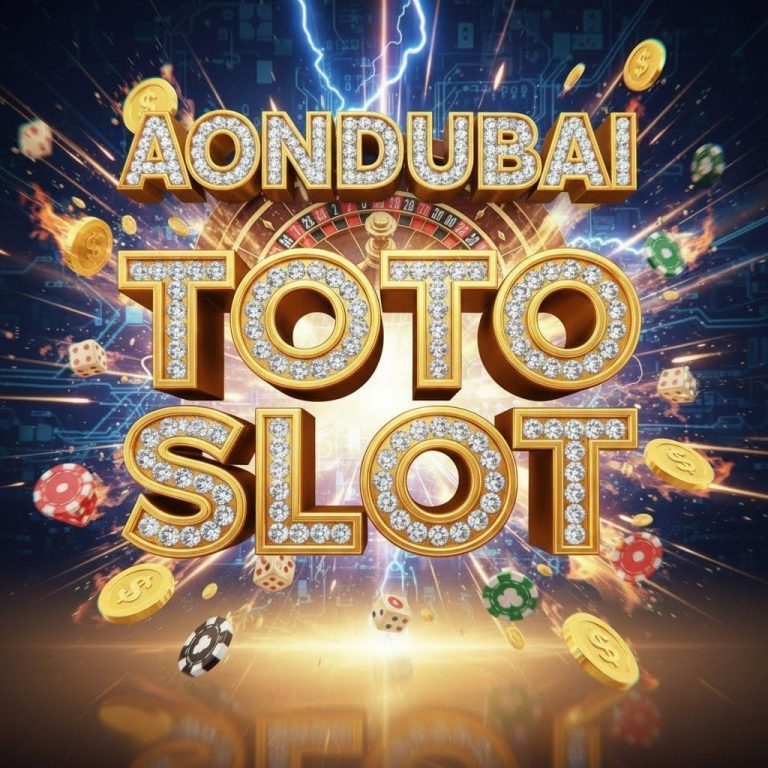
Getting to Know the Most Underrated Lottery Markets
When people think about lotteries, the spotlight almost always shines on the mega-jackpots. Games like Powerball in the United States or EuroMillions in Europe dominate the global conversation with Getting to Know the Most Underrated Lottery Markets headlines announcing billion-dollar prizes and life-changing winners. These lotteries are no doubt impressive, but the global lottery landscape is far wider and richer than these famous names suggest.
Beyond the glare of worldwide publicity, there are lottery markets that remain largely unnoticed on the international stage. They may not have nine-figure jackpots, but they offer something equally valuable: cultural depth, community involvement, and in many cases, better odds of winning. This article explores some of the most underrated lottery markets around the world, why they often go unnoticed, and why they matter more than most people realize.
Global Lotteries Beyond the Headlines
Lotteries exist in nearly every part of the world. From Asia to Latin America, Africa to Eastern Europe, national and regional lotteries serve not just as games of chance, but also as cultural institutions and sources of funding for public projects. While they rarely make international headlines, their impact on local communities is undeniable.
Take Japan’s Takarakuji, for instance. This lottery, deeply rooted in Japanese tradition, is often tied to major holidays or seasonal events. Tickets are sold in a way that mirrors the country’s cultural practices, and while the prizes may not reach astronomical sums, the sense of participation and tradition makes it a unique part of Japanese life.
Similarly, in Mexico, the Lotería Nacional is not just a lottery—it is part of the country’s national identity. Its televised drawings and special events attract local attention, and its revenues support numerous public welfare programs. For many, buying a ticket is not only about the chance to win but also about contributing to something bigger.
In South Africa, the National Lottery plays a direct role in community development. Funds generated from ticket sales are channeled into education, sports, and infrastructure projects. While the jackpots may not compare to American or European standards, the value generated for society is immense.
Why These Markets Remain Underrated Lottery
So why do these lotteries, rich in cultural and social value, remain overshadowed? The answer lies largely in global media dynamics and public perception.
Major Western lotteries dominate international coverage because of their extraordinary jackpot amounts. Headlines such as “Winner takes home $1.5 billion Powerball prize” naturally capture attention. Smaller lotteries, even when they pay out significant sums within their own economies, rarely make global news.
Another reason is accessibility. Many regional lotteries are designed for domestic audiences and have ticket purchasing systems that are not easily available internationally. Without online platforms or international distributors, global players often have no way to participate, which limits both exposure and popularity.
Finally, there is the perception factor. People often equate the size of a jackpot with the value of a lottery. By that measure, smaller lotteries appear less attractive. What is often overlooked, however, is that these “smaller” lotteries sometimes offer significantly better odds, more frequent winnings, and a greater connection to local traditions.
The Real Value of Underrated Lottery
What makes these Underrated Lottery so important? First, they provide better odds in many cases. While massive international lotteries draw attention with billion-dollar prizes, the chances of winning them are astronomically low. Local lotteries often feature smaller pools of players, meaning that while the prizes are more modest, the probability of winning is far higher. For many participants, this makes the experience more rewarding and engaging.
Second, these lotteries carry a cultural significance that global giants cannot replicate. The Takarakuji lottery in Japan aligns with holiday seasons and becomes a tradition in itself, with families buying tickets together as part of year-end celebrations. In Mexico, lottery drawings are tied to national pride and history, creating a sense of participation that goes far beyond gambling.
Third, many of these lotteries are strongly linked to public welfare and development. The revenues from South Africa’s lottery, for example, go directly into funding education and infrastructure, making every ticket purchased a contribution to the nation’s progress. Similarly, lotteries in several European countries, such as Poland’s Lotto, fund cultural and sporting activities that enrich communities. This social dimension turns the act of buying a ticket into something more than personal entertainment—it becomes a shared investment in society.
Emerging Interest Through Online Platforms
In recent years, the growth of online platforms has begun to change the landscape. What used to be restricted to local ticket booths is now accessible to international players through digital distribution. Specialized websites and apps allow people from outside a given country to participate in lotteries once limited to domestic audiences.
This online shift is slowly giving Underrated Lottery the chance to reach global audiences. Players now have opportunities to discover Brazil’s Mega-Sena, the Philippines’ PCSO Lotto, or Poland’s Lotto. Each of these has its own flavor, odds, and traditions that make them worth exploring. While they may not overshadow Powerball overnight, their visibility is increasing.
The rise of online communities and social media also contributes to this shift. Discussions around odds, strategies, and cultural aspects of various lotteries are more easily shared, sparking curiosity in previously overlooked markets.
Why Recognition Matters
Shining a light on Underrated Lottery markets does more than just diversify entertainment options. It highlights the broader role of lotteries in culture, community, and development. Recognizing these markets gives players a fuller picture of what lotteries represent: not just the dream of instant wealth, but Underrated Lottery also a reflection of local traditions and a mechanism for funding social causes.
It also challenges the narrative that only the biggest jackpots matter. By understanding the value of smaller, community-driven lotteries, players can make more informed choices and even support causes they believe in. In an era where online gaming is becoming globalized, this recognition could also drive innovation, pushing lotteries to evolve in ways that preserve cultural identity while reaching new audiences.
Conclusion
The global lottery industry is far larger and more diverse than most headlines suggest. While Powerball, EuroMillions, and other mega-lotteries capture attention with their record-breaking jackpots, Underrated Lottery like Japan’s Takarakuji, Mexico’s Lotería Nacional, South Africa’s National Lottery, and many others deserve recognition for their cultural value, social impact, and player-friendly odds.
These lotteries remind us that playing is not only about chasing unimaginable wealth. It can also be about celebrating traditions, supporting communities, and enjoying the simple thrill of chance in ways that feel more personal and connected.
As digital access expands, the world is beginning to notice these hidden gems. They may not yet dominate international headlines, but their role in shaping local culture and contributing to society is undeniable. In many ways, these Underrated Lottery are the heart of the lottery world—quiet, steady, and deeply meaningful.
AonDubai – Your Gateway to the World of Lottery Markets & News.





